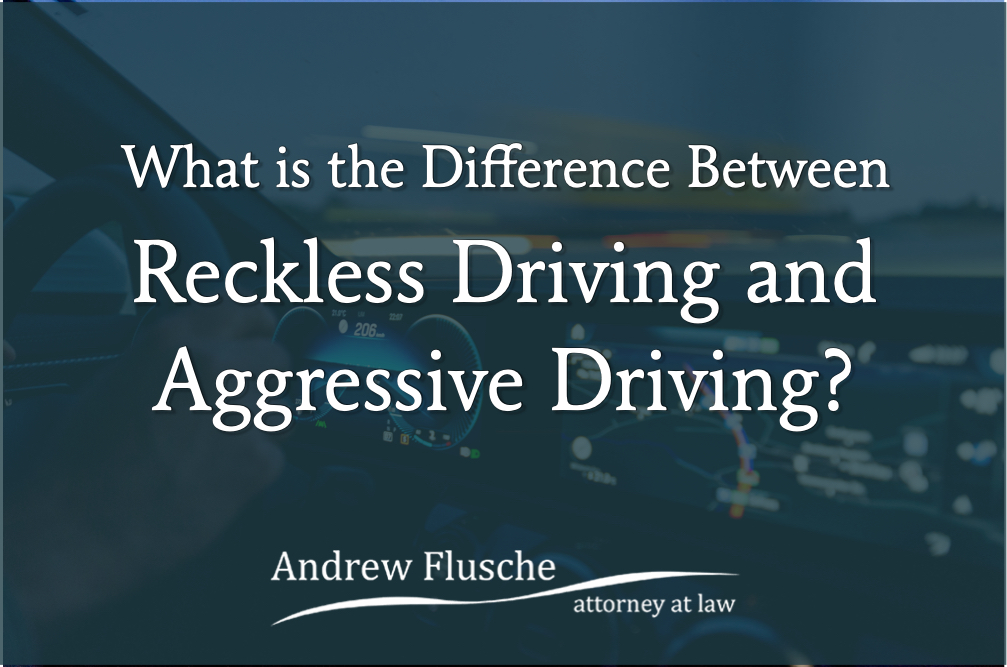
Aggressive driving and reckless driving are hazardous because they place innocent lives at risk of severe injury or death. As a result, Virginia state law punishes both driving behaviors. The punishments for each crime vary and carry substantial collateral consequences.
The terms reckless and aggressive are not interchangeable under Virginia law. If you have been charged in Virginia with reckless driving or aggressive driving, you need to understand your rights and the difference between the two crimes. As a traffic and DUI defense attorney in Virginia, I help people avoid the harsh consequences of making a driving mistake.
I will use my vast knowledge and experience fighting for people just like you to help you stay out of jail, avoid large fines, reduce the risk of license suspension, and work to keep insurance costs down.
Reckless Driving vs. Aggressive Driving In Virginia
Virginia law defines reckless driving and aggressive driving. Both crimes are misdemeanors. However, Virginia’s reckless driving statute indicates that a conviction for reckless driving is at least a Class I misdemeanor. A Class I misdemeanor in Virginia carries the possibility of no more than one year in jail and a $2,500 fine or both. Reckless driving could be a felony in certain circumstances.
Reckless Driving
Virginia law defines reckless driving as driving in any way that threatens another person’s life, limb, or property while committing any one of several listed traffic offenses. A person is guilty of reckless driving when:
- Driving out of control or with faulty brakes;
- Passing another vehicle while at the top of a hill or on a curve;
- Operating the vehicle when the driver’s view is obstructed or control impaired;
- Passing two vehicles that are riding side-by-side;
- Driving on the side of another vehicle in a single traffic lane;
- Passing another vehicle at a railroad crossing or passing a school bus;
- Failing to signal correctly or to yield the right of way;
- Engaging in drag racing;
- Operating at an excessive speed for road or traffic conditions; or
- Driving over 85 miles per hour or at a speed 20 miles per hour faster than the posted speed limit.
The listed behaviors are inherently dangerous. Therefore, police and prosecutors in Virginia can push for tough sentences.
Aggressive Driving
Virginia law defines aggressive driving as a Class 2 misdemeanor. However, driving aggressively with the intent to injure is a Class I misdemeanor. A Class 2 misdemeanor carries a maximum penalty of six months confinement in the county jail, a fine of $1,000, or both.
A person is guilty of aggressive driving in Virginia if they become a hazard to another person with the intent to harass, injure, intimidate, obstruct, or annoy, while:
- Failing to drive on the right side of the road;
- Failing to remain within marked travel lanes;
- Following the vehicle in front too closely;
- Passing another vehicle at an unsafe distance;
- Shooting into traffic without first yielding the right of way;
- Refusing to yield to an overtaking vehicle; and
- Speeding.
These offenses without the intent to harass, injure, annoy, or intimidate are merely traffic offenses, punishable by no more than a monetary fine.
Get The Help You Need from an Experienced Virginia Traffic Lawyer
The difference between reckless driving and aggressive driving is important to understand. I have learned from my years of representing people charged with driving offenses that having a full understanding of the charges you face helps you work with your lawyer to defend your case successfully.
Contact me, Virginia traffic defense lawyer Andrew Flusche, today at (540) 318-5824 , and I will work to create the best defense strategy for you.

